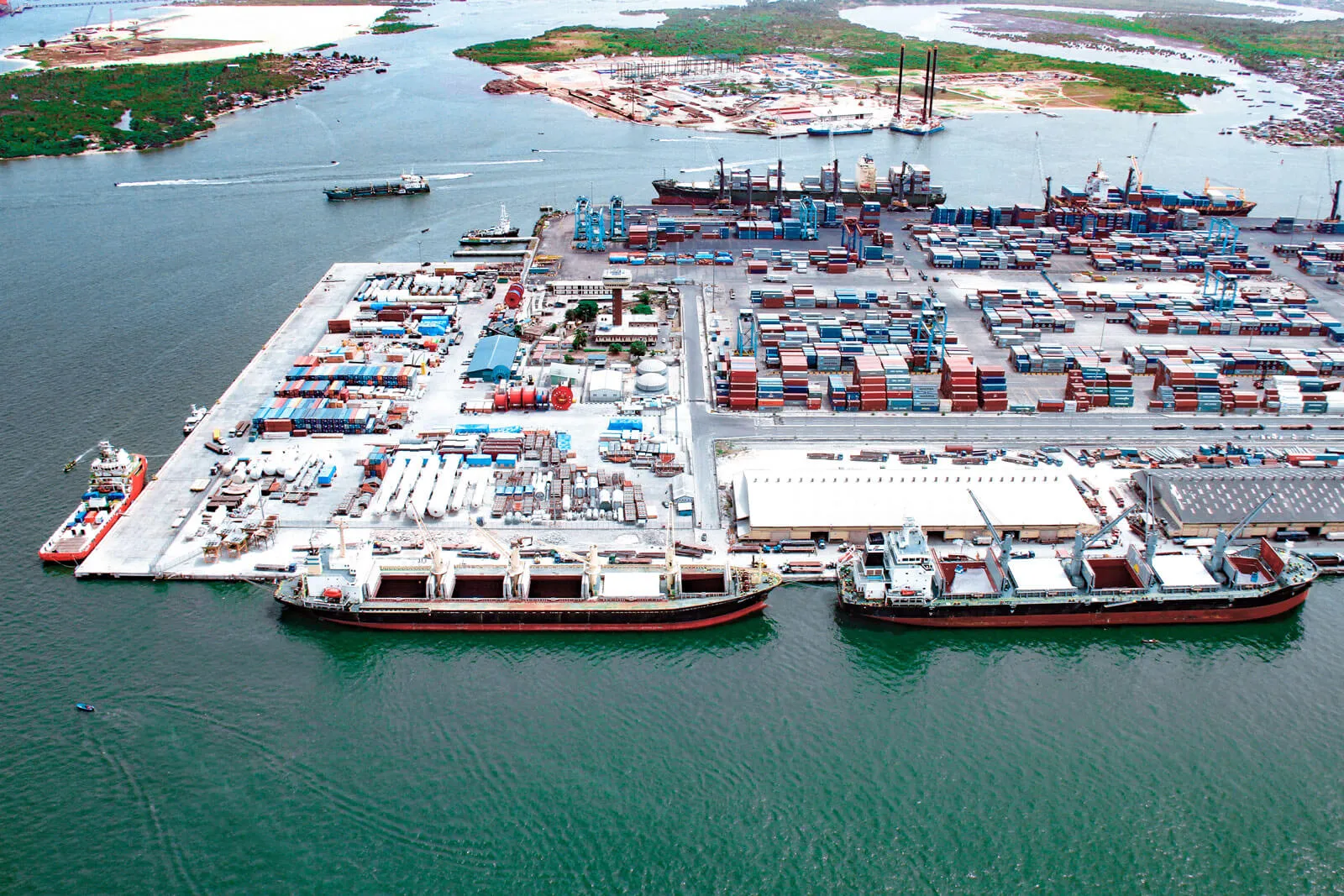Economy
Some of the worst ports in Africa for trade

A functional port is a critical component of a country’s economy as it facilitates trade, enhances competitiveness, generates employment, promotes investment, and improves government revenue.
A functional port provides a gateway for the movement of goods, connecting producers and consumers across different regions and countries. This enables countries to engage in international trade and commerce, expanding their markets and increasing their economic output.
A functional port can also attract investment in the country by providing a reliable and efficient transport infrastructure. This creates an enabling environment for businesses to set up and expand their operations, leading to increased economic activity and growth.
A functional port is essential for the economic growth and development of a country but some ports in Africa have been rated the worst to do business.
However, It is difficult to rank the worst ports in Africa as different ports may have different strengths and weaknesses depending on factors such as location, infrastructure, governance, and management. However, some African ports have been known to face significant challenges that affect their efficiency and safety.
Here are some examples:
- Lagos Port Complex, Nigeria: Lagos Port Complex is the largest and busiest port in Nigeria, but it faces significant challenges with congestion, poor infrastructure, and corruption. These factors contribute to delays in cargo handling, longer turnaround times for vessels, and increased costs for shippers.
- Mombasa Port, Kenya: Mombasa Port is the largest seaport in Kenya and a major gateway for goods entering and leaving East Africa. However, the port has been known to face challenges with congestion, poor infrastructure, and inefficient operations that lead to delays and higher costs for shippers.
- Dar es Salaam Port, Tanzania: Dar es Salaam Port is the largest port in Tanzania and a major gateway for goods entering and leaving East Africa. However, the port faces significant challenges with congestion, poor infrastructure, and inefficient operations that lead to delays and higher costs for shippers.
- Douala Port, Cameroon: Douala Port is the largest port in Cameroon and a major gateway for goods entering and leaving Central Africa. However, the port faces significant challenges with congestion, poor infrastructure, and corruption that affect its efficiency and safety.
- Apapa Port, Nigeria: Apapa Port is the second-busiest port in Nigeria and a major gateway for goods entering and leaving West Africa. However, the port faces significant challenges with congestion, poor infrastructure, and security concerns that affect its efficiency and safety.
Overall, improving the efficiency and safety of African ports is critical for promoting economic growth and development in the region. This can be achieved through investments in infrastructure, governance reforms, and improved management practices.




